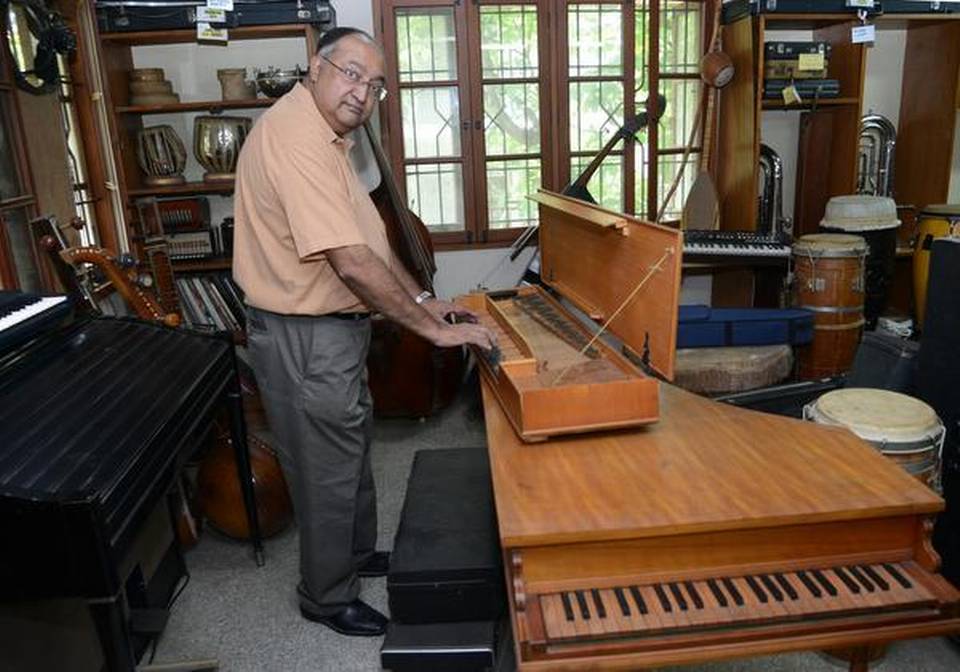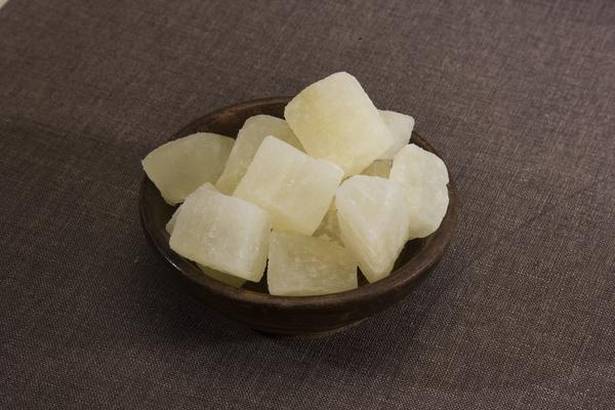Dermatologist and comedian Dr Anil Abraham has come out with a series, Ungle’s Simbil Solutions, which provides humorous lockdown advice.

Bengaluru :
Sanskaari yet savvy. Naughty and naati. That’s Ungle Appukuttan, the elderly uncle in every neighbourhood, who means well and helps solve seemingly complex problems with his years of life experience. The creative brain behind a one-episode video based on issue-based content, for every day of the lockdown, is leading dermatologist and trichologist Dr Anil Abraham, who after being flooded with quack remedies, complicated jargon, silly suggestions and completely fake forwards, thought it’s time for a ‘reliable neighbourly uncle’ to deal with situations sensibly and offer simple solutions. “Corona was the crisis. And another avatar of Ungle was needed to offer a bit of advice,” says Dr Abraham, a popular stand-up comedian, known for his series, Ungle’s Simbil Solutions.
Ungle and his advice are spontaneous creatures. A news item, a chat with a friend throws up an idea which quickly evolves into an episode. Since Ungle’s solutions are common-sense based and humorous, it doesn’t involve much research.
“All I need is a little talcum powder sprinkled on my hair and a quiet place with telephone in hand to record an episode,” he says. Minimum frills and fancy have kept this endeavour lockdown friendly. “My wife, Veena and my sons, Anirudh and Aaditya, are my toughest critics. So I have my team at arm’s reach,” says the medico who recently played a key role in the Malayalam movie, Uyare, with Tovino Thomas and Parvathy.
With a house full of family, finding a quiet place to record has been a challenge sometimes. As has been staying clean and funny, as with any work of comedy. “Staying consistent and prolific is also tough, but the lockdown gave creative people enough material to keep creating content. Training in improv and theatre for several years helped to overcome these challenges,” he says.
A popular misconception, Abraham rues, is that doctors are boring, serious people. He believes that meeting hundreds of people every day, and hearing all their stories, involves a lot of communication. “Often, it is delivering philosophy or a message, gift-wrapped neatly in comedy. Laughter is the camouflage that makes the medicine palatable,” says Abraham who has been practising and teaching medicine for 30 years. With his interest in theatre, he has also worked with acclaimed artistes like Girish Karnad, Arundathi Raja, and Prakash Belwadi.
According to Abraham, one of the first lessons of comedy is the forgotten art of listening. This simple trick, he says, makes comedy interactive and alive. “It’s the same skill that makes someone a good doctor. Listen to what is being said and listen to non-verbal clues too. Very often a patient is communicating, not just with words , but with body language and facial expressions,” he explains.
Ungle’s words of wisdom
From sleazy sadhus to ‘whats appu’ gurus everyone is a doc.
Not the city, not the people, our tongues should be in lock
This lockdown should not be labour only for the mother or wife.
You also help little if you want to improve quality of life
source: http://www.newindianexpress.com / The New Indian Express / Home> Cities> Bengaluru / by Vidya Iyengar, Express News Service / May 19th, 2020









